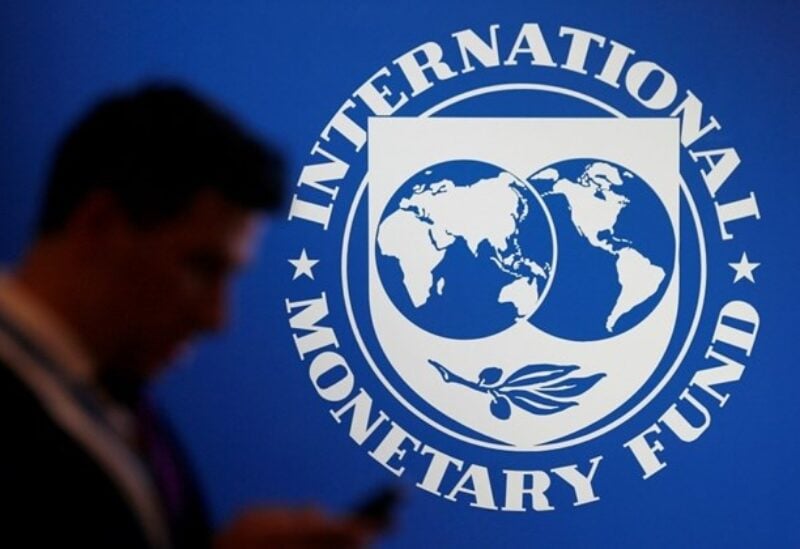
IMF
The International Monetary Fund is proposing a new macroeconomic framework for developing nations that allows them to evaluate policy choices and will help them achieve sustainable development goals (SDGs) despite the economic setbacks posed by the pandemic.
“Reforms to enhance spending efficiency are critical in an environment of scare resources,” the IMF said in a staff note on Thursday. “There is significant scope to increase the impact of investment on growth by enhancing public investment management.”
The new tool analyses development and financing strategies of low-income countries and evaluates them for macroeconomic consistency.
The framework focuses on investment in social development and physical capital in health, education, roads, electricity and water and sanitation – key areas for sustainable and inclusive growth that account for the largest outlays in most government budgets.
The pandemic and resultant lockdown measures tipped the world economy into its worst recession since the 1930s. Its impact on the world’s poor has been especially harsh and may have pushed about 100 million people into extreme poverty in 2020 alone according to the UN. In some regions poverty could rise to levels not seen in 30 years, the UN warns.
Although, the world economy is expected to bounce back strongly with 6 per cent expansion this year, the recovery is uneven and less pronounced in developing nations. With significantly reduced economic activity, livelihoods lost and children prevented from attending schools, spending priorities in these countries have changed, derailing progress on SDGs.
The IMF has applied its framework to Cambodia, Nigeria, Pakistan and Rwanda. On average, these nations need an additional annual financing of over 14 per cent of their gross domestic product, some 2.5 percentage points per year above the pre-pandemic level, to meet their SDGs by 2030.
“Such domestic reforms can generate enough resources to fill up to half of our case study countries’ SDG spending needs. But even with such comprehensive domestic reforms, the SDGs will be significantly delayed –by a decade or more according to our estimates – without further action,” senior IMF officials Abdelhak Senhadji, Dora Benedek, Edward Gemayel and Alexander Tieman said in a separate blogpost.